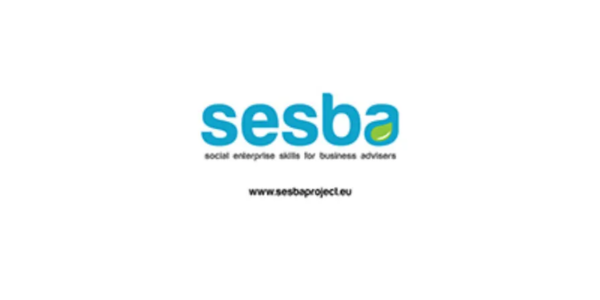
Duration: 36 months
Dates: (October 2015 – October 2018)
TUS Project Budget: €54,053
Total Project Budget: € 310,196
Summary
Social economy and entrepreneurship has developed in the recent years as an answer to major social needs that have been exacerbated through the economic crisis. Social enterprises contribute to social innovation, the creation of new business models and the exploitation of unused resources.
However, the supporting structures for social economy, such as advisory services, are still underdeveloped in the EU, slowing down the potential growth of this sector. For this reason, the SESBA project (Social Enterprise Skills for Business Advisers) aims at developing a training methodology and a consulting toolkit that will enable business advisers to expand their competencies in order to provide tailored services to social entrepreneurs.
Thus, the profile of business advisors will become even more market relevant and tools will be provided for the development of solid support structures in social economy.
Overall, SESBA will provide an excellent opportunity for the up-skilling of business advisors in terms of training tools and knowledge pertaining to the social economy. Thus, the project will be an important contribution to the investment in human resources in support of the social economy sector.
Objectives and Aims of this Project
- To enhance the profile of business advisers to better respond to the field of entrepreneurship, through new methodologies and consulting techniques that will build upon the theoretical knowledge of the target group.
- The cultivation of new practical advisory skills on the behalf of the consultants to be able to encourage attributes of social enterprise.
- Direct targeting of business advisers, which is additionally open to all potential or existing social entrepreneurs, local societies, stakeholders, policy makers etc.
- The development and implementation of new training practises and consulting techniques.
- Awareness raising among policy makers, stakeholders and all those involved in business advising, about the necessity for systematic training of business advisors and the use of consulting techniques for the provision of adequate services in the field of social economy.




